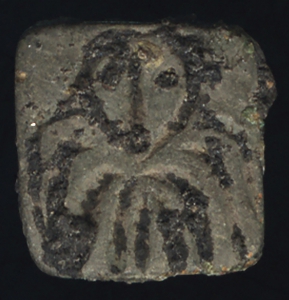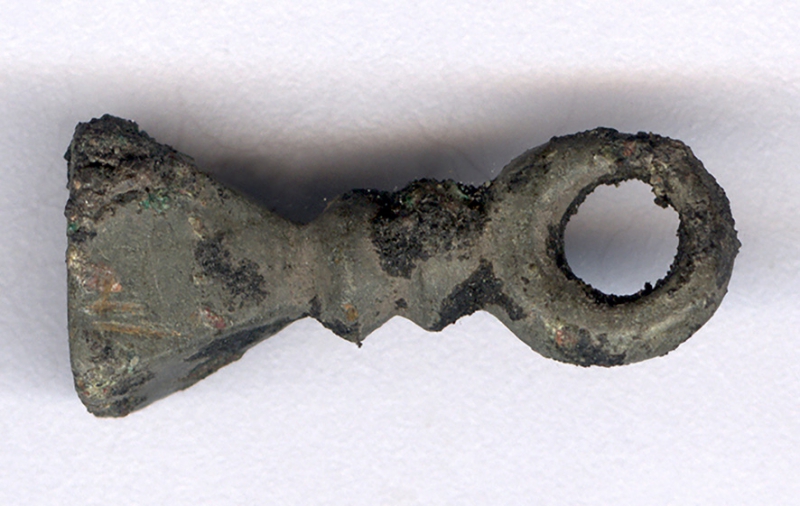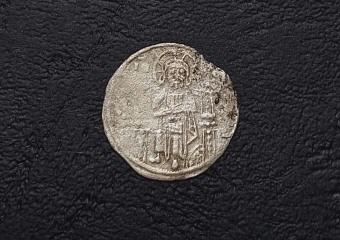A valuable find was discovered during the archaeological research in the medieval town of Rusokastro
 Archaeologists exploring the medieval Bulgarian town of Rusokastro discovered a new valuable find. During the excavations of the fortified passage with a tower-well, they came across a beautifully preserved seal - a pyramidal bronze seal. This is essentially a private seal that belonged to a member of the elite in the medieval city. He may have been an aristocrat, a clergyman, or a wealthy merchant corresponding with various people in the Balkans. In any case, however, this is not a seal of a representative of the state aristocracy – in similar cases, the title of its owner is inscribed on the seals, which is missing from the newly discovered find from Ruskastro.
Archaeologists exploring the medieval Bulgarian town of Rusokastro discovered a new valuable find. During the excavations of the fortified passage with a tower-well, they came across a beautifully preserved seal - a pyramidal bronze seal. This is essentially a private seal that belonged to a member of the elite in the medieval city. He may have been an aristocrat, a clergyman, or a wealthy merchant corresponding with various people in the Balkans. In any case, however, this is not a seal of a representative of the state aristocracy – in similar cases, the title of its owner is inscribed on the seals, which is missing from the newly discovered find from Ruskastro.
 Similar stamps are known mostly from North-Eastern Bulgaria. There they entered en masse at the end of the 9th and especially in the 10th and 11th centuries, under the influence of the tradition in Byzantium, which in turn continued the Roman standards in keeping correspondence. Even the personal seal of King Simeon the Great, made of lapis lazuli, is known from that time. However, similar sealing means were also used later, in the XII-XIV centuries.
Similar stamps are known mostly from North-Eastern Bulgaria. There they entered en masse at the end of the 9th and especially in the 10th and 11th centuries, under the influence of the tradition in Byzantium, which in turn continued the Roman standards in keeping correspondence. Even the personal seal of King Simeon the Great, made of lapis lazuli, is known from that time. However, similar sealing means were also used later, in the XII-XIV centuries.
Archaeologists studying the medieval city of Rusokastro recall that numerous finds from the First Bulgarian Kingdom were found here - ceramics, appliqués from military belts, even an amulet with runes.
The newly discovered seal has an exquisite pyramidal shape. Its handle ends in an ear, through which a chain or leather strap passed for hanging around the neck. The inscription field is square, measuring 9 x 9 mm. A human bust in front is masterfully engraved on it.The face and a long garment are very well depicted, which archaeologists initially did not rule out being a cassock. It is entirely possible that the holder of the seal is a spiritual person, but this is still in the realm of hypothesis. Research on the find continues.
The excavations of the medieval city of Rusokastro are carried out by archaeologists of the Regional Historical Museum - Burgas, and are financed by the Municipality of Kameno and the Ministry of Culture of the Republic of Bulgaria.


Comments
comments powered by Disqus